

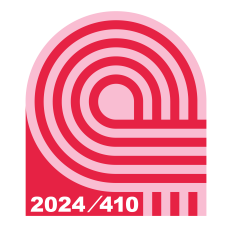

READING TIME: 2 MINUTES
PHOTO: REYER BOXEM
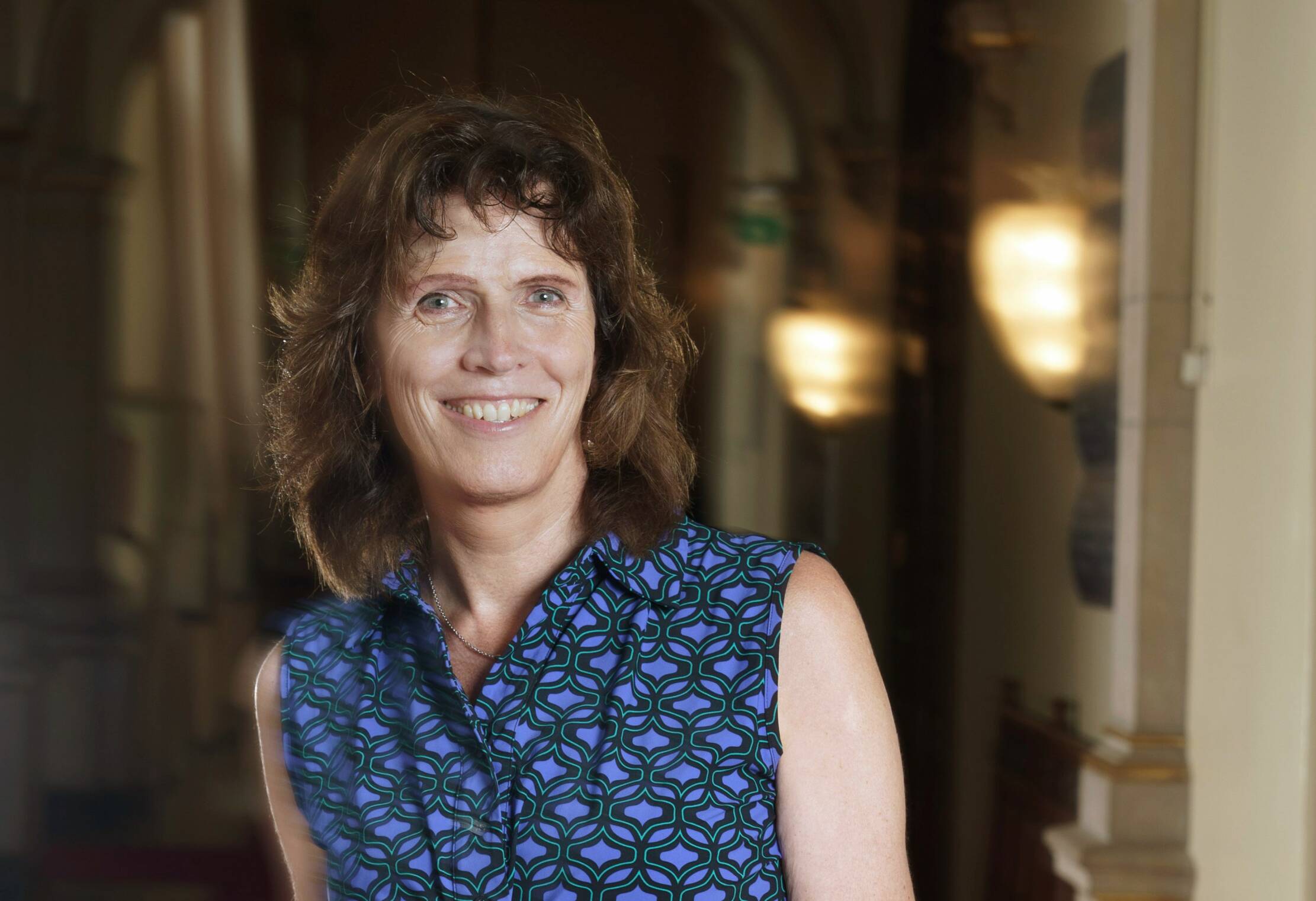
PROPOSITION

Darshak Bhatt – Medical Sciences
A river lacks control over its pace and path, yet it advances, and so should research.
Walking through the streets of Groningen, you can hear all the languages of the world.
Groups of students chatter in Dutch, English, or German, natter in Spanish, or discuss in Chinese. International students and researchers are part of our University and our city. We are proud that
they are able to study, discuss, write, and research here in absolute freedom. I am extra aware
of this because of everything that is going on in the world.
RECORDED BY MARJAN BROUWERS
I actually started this year in an international context as well. Together with a delegation, we went to South America, where we visited universities in Brazil and Chile. We met academics and students and received a warm welcome from the consul of Sao Paulo and the Dutch ambassador in Santiago. We made agreements with new strategic partners, which will allow us to improve the mutual exchange of students and set up new academic projects together.
I also spoke with alumni of all kinds who settled in South America. With a group of about 70 people, including many alumni, we attended the Aletta Dialogue at the residence of Carmen Gonsalves, the Dutch ambassador in Santiago. We organize these public dialogues around the world, always with a representative of the UG and a regional or local expert acting as speakers. It is a great opportunity to discuss topics at the intersection of academia and society and a chance to strengthen ties with our alumni worldwide.
Back in the Netherlands, I am even more inspired to emphasize the importance of internationalization. Of course, I am also aware of the difficulties we’re facing due to our rapid growth, such as overcrowded lecture halls, shortage of lecturers, and housing problems. That is why we agreed on a carefully balanced series of measures together with the other Dutch universities. For instance, we are going to turn some of our Bachelor’s programmes, such as Pharmacy, into Dutch-taught programmes, and we will limit the number of students enrolling in some of our English-taught degree programmes. We also want to encourage internationals to learn Dutch so that they feel more at home here. However, that doesn’t alter the fact that the international classroom remains important.
Every five years, during our anniversary, we reflect on the past, present, and future. Since our foundation in 1614, we have been connecting with society and welcoming students and academics from all over the world in our midst. We’ve been making connections for 410 years now, also with all those generations of alumni who took their first steps towards the future in Groningen. This is precisely why we would like to extend a warm welcome to all of you to attend the concluding Alumni Day on Saturday 25 May and hear lectures, have lunch together, or take mini-lectures on a pub crawl. Looking forward to meeting you all!
Jacquelien Scherpen
Rector Magnificus University of Groningen



READING TIME: 2 MINUTES
PHOTO: REYER BOXEM
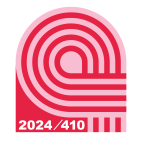
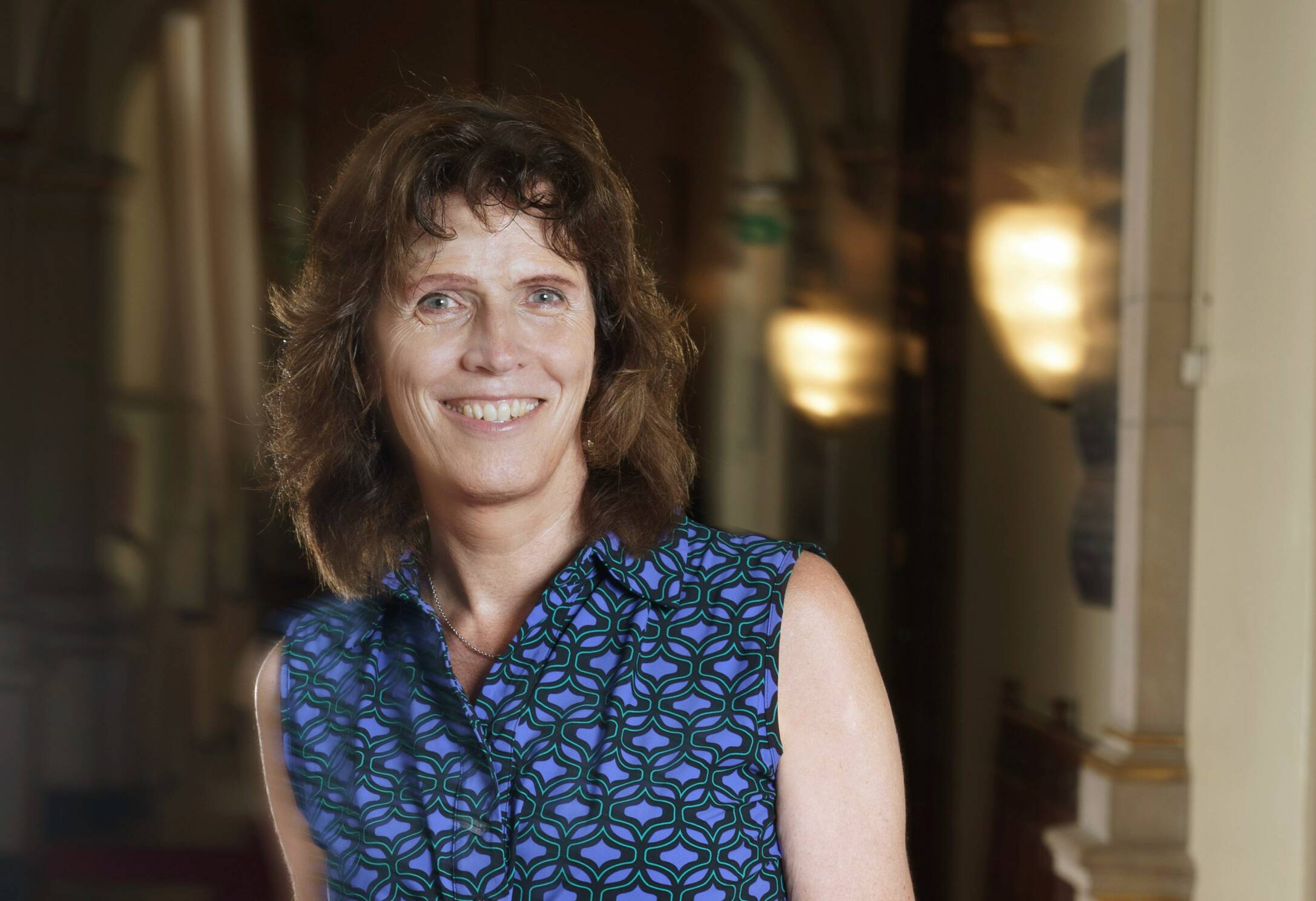
Darshak Bhatt – Medical Sciences
A river lacks control over its pace and path, yet it advances, and so should research.
PROPOSITION
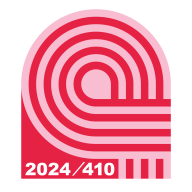
I actually started this year in an international context as well. Together with a delegation, we went to South America, where we visited universities in Brazil and Chile. We met academics and students and received a warm welcome from the consul of Sao Paulo and the Dutch ambassador in Santiago. We made agreements with new strategic partners, which will allow us to improve the mutual exchange of students and set up new academic projects together.
I also spoke with alumni of all kinds who settled in South America. With a group of about 70 people, including many alumni, we attended the Aletta Dialogue at the residence of Carmen Gonsalves, the Dutch ambassador in Santiago. We organize these public dialogues around the world, always with a representative of the UG and a regional or local expert acting as speakers. It is a great opportunity to discuss topics at the intersection of academia and society and a chance to strengthen ties with our alumni worldwide.
Back in the Netherlands, I am even more inspired to emphasize the importance of internationalization. Of course, I am also aware of the difficulties we’re facing due to our rapid growth, such as overcrowded lecture halls, shortage of lecturers, and housing problems. That is why we agreed on a carefully balanced series of measures together with the other Dutch universities. For instance, we are going to turn some of our Bachelor’s programmes, such as Pharmacy, into Dutch-taught programmes, and we will limit the number of students enrolling in some of our English-taught degree programmes. We also want to encourage internationals to learn Dutch so that they feel more at home here. However, that doesn’t alter the fact that the international classroom remains important.
Every five years, during our anniversary, we reflect on the past, present, and future. Since our foundation in 1614, we have been connecting with society and welcoming students and academics from all over the world in our midst. We’ve been making connections for 410 years now, also with all those generations of alumni who took their first steps towards the future in Groningen. This is precisely why we would like to extend a warm welcome to all of you to attend the concluding Alumni Day on Saturday 25 May and hear lectures, have lunch together, or take mini-lectures on a pub crawl. Looking forward to meeting you all!
Jacquelien Scherpen
Rector Magnificus University
of Groningen
Walking through the streets of Groningen, you can hear all the languages of the world.
Groups of students chatter in Dutch, English, or German, natter in Spanish, or discuss in Chinese. International students and researchers are part of our University and our city. We are proud that they are able to study, discuss, write, and research here in absolute freedom. I am extra aware of this because of everything that is going on in the world.
RECORDED BY MARJAN BROUWERS